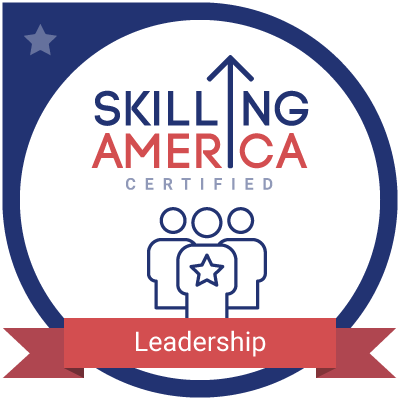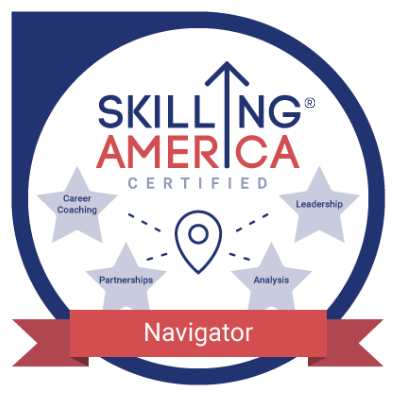Some of the challenges is the buy-in from employers. Employers in some fields have been used to there being a vast pool of potential employees, however that is not always the case anymore. Employers need to be willing to invest in talent to meet their needs. Another challenge in a rural area are thing like: economic stability, transportation, affordable housing. All of these things can negatively impact an individual's ability to pursue a career pathway.
At work I am sometimes faced with a challenge where I try to communicate something to co-workers and they may not understand the first time. My strategy is often to re-word and present he information in a different way to the person to ensure their understanding. People come to situations with so much varied knowledge and past experience, so something you may think was clearly communicated could have been misunderstood or misinterpreted.
Looked at all perspectives not just my own.
I have never been in the position of needing to facilitate a difficult meeting, but have be in meetings with people who had differing perspectives. Often times in these types of meetings those who were the loudest or most passionate about their perspective lead the conversation and made it difficult for others to contribute their opinions. I would have given advice to the person facilitating the meeting to take a stronger presence in leading the group and allowing a chance for everyone's perspective. I have learned a lot of strategies in this module for detailing with multiple stakeholders including the importance of preparation, listening strategies, reflection and follow-up.
A leader I know who is able to motivate key stakeholders is the director of career pathways & enrichment at a local high school. She is able to motivate stakeholders by engaging the overlapping needs of everyone and providing solutions that benefit everyone.





